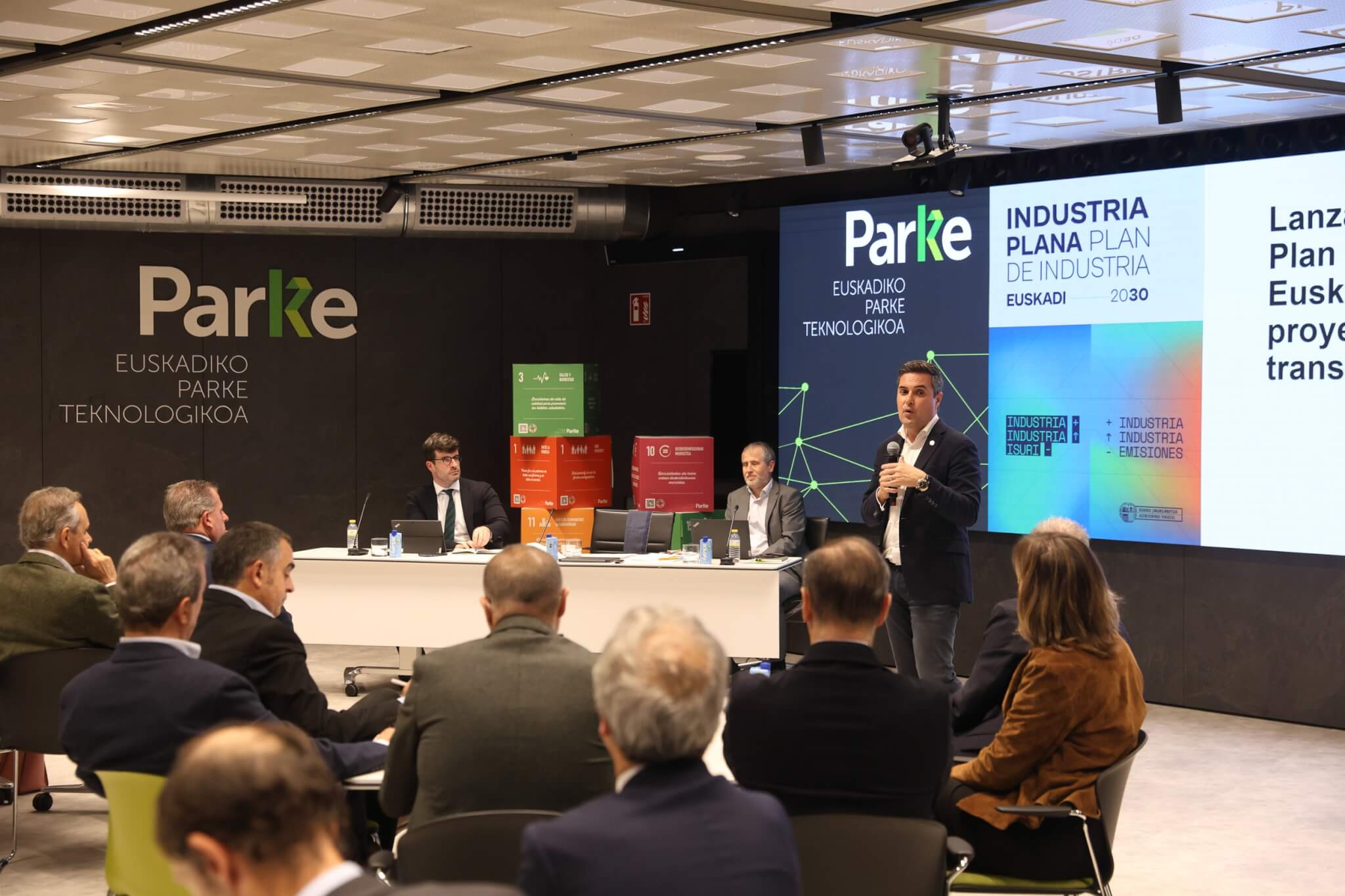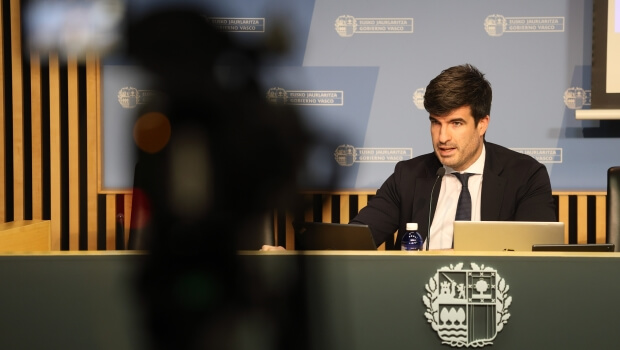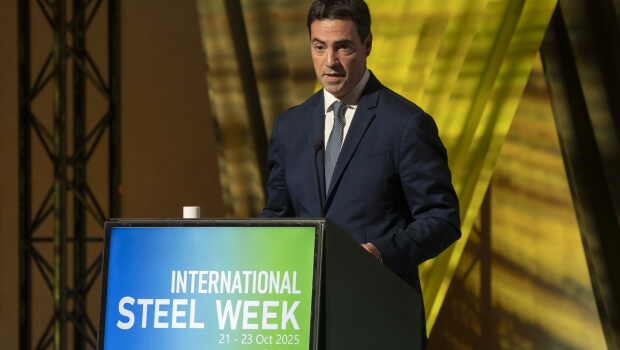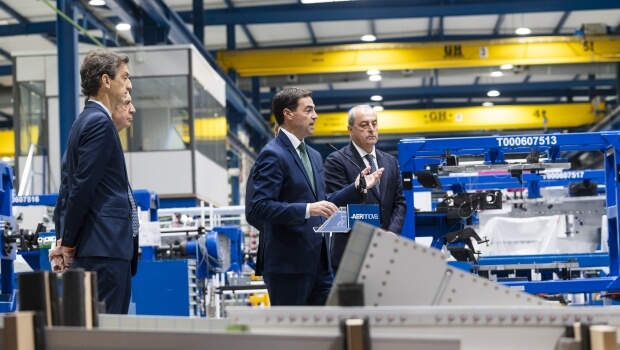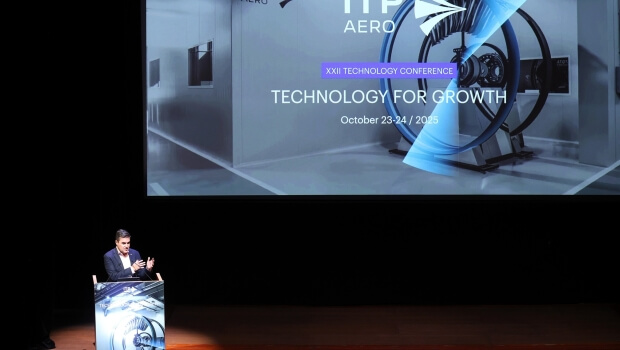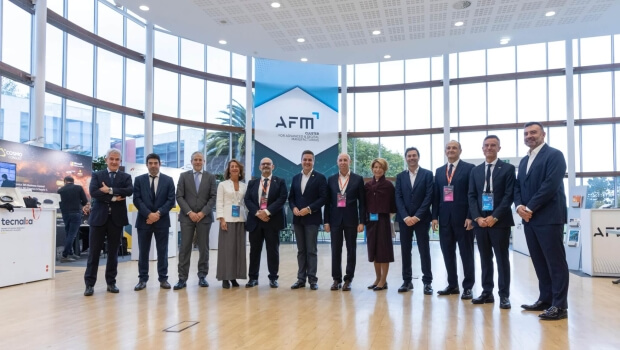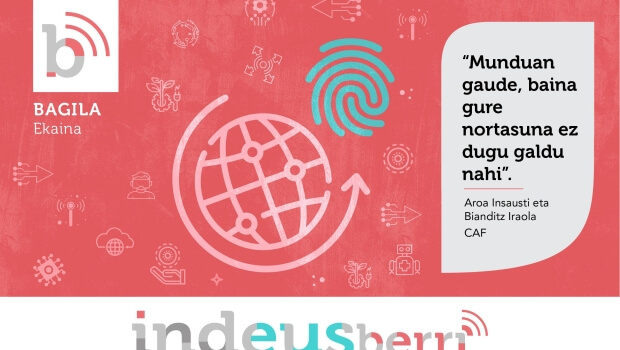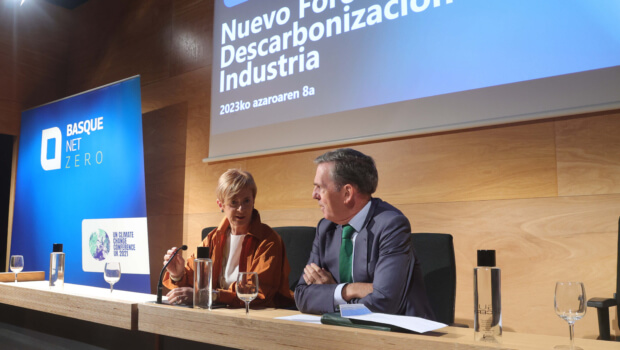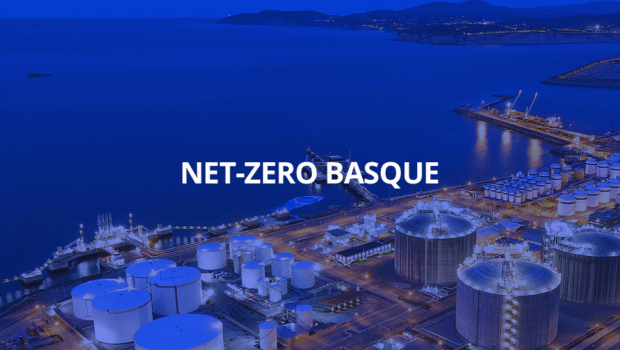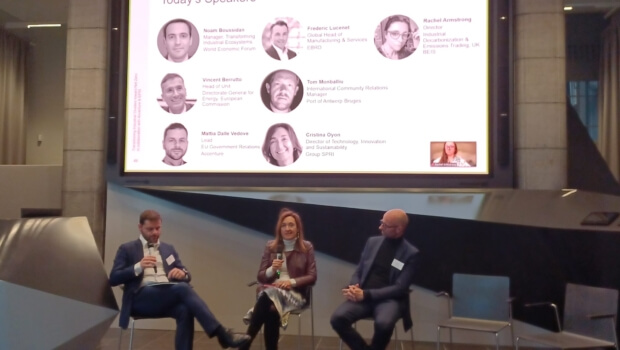Jauregi and Industrial Clusters Share Analyses and Solutions to the Economic Situation within the Active Listening Process
The Basque industry, represented by clusters within the Industrial Situation Observatory (OCI), has shared the current status of its sectors and their medium-term outlook. Convened by the Minister of Industry, Energy Transition and Sustainability, Mikel Jauregi, the overall conclusion was a shared concern about international uncertainty, despite a continuing positive trend in order intake.
Minister Jauregi thus continues the active listening process he has been carrying out in recent months with all economic stakeholders—both to gather their views on the current economic situation at any given time and to share the Basque Government’s initiatives in this regard, such as the Euskadi Industry Plan 2030.
In this context, the sectoral roundtables held in September addressed the situation created by tariffs in the automotive, steel, and advanced machinery sectors, as well as other regular meetings aimed at taking the pulse of each sector and sharing the different actions promoted by the Basque Government.
The meeting was attended by nearly all presidents and general managers of the clusters, underscoring the ongoing public–private collaboration. The organizations that make up the OCI are: Hegan (aerospace), Basque Food Cluster (food industry), Acicae (automotive), Basque Health Cluster (biosciences), Build:Inn (construction), Energy Cluster, AFM Cluster (advanced manufacturing), MAFEX (railway), Basque Foundry and Forging Cluster, Habic (habitat), FMV (maritime industries), Aclima (environment), Paper Cluster, Siderex (steel industry), GAIA Cluster (ICTs), MLC-ITS and Uniport (transport, mobility, and logistics). The new BasqueFIK (financial and investment cluster) has also joined the group.
Alongside the Minister, the meeting was also attended by Andoitz Korta, Deputy Minister for Industrial Promotion, and Jon Ansoleaga, Managing Director of the SPRI Group.
During the session, cluster representatives presented trends and forecasts, as well as key indicators regarding orders, turnover, exports, employment, and R&D&I investment. The forecasts generally show a moderately positive trend in order intake and turnover, although this varies by sector.
Despite “uncertainty” being the most repeated term during the meeting, the outlook for turnover and orders remains moderately favorable, depending on the sector. China continues to be a strong competitor, and participants emphasized the need to “stay ahead of other competitors, whoever they may be.” While tariffs remain a concern, they were not among the most critical issues, and the Basque Government’s sectoral measures and roundtables were highly valued.
Regarding employment, a general trend of stability or moderate growth continues, with moderately positive short- and medium-term expectations. Investment in R&D&I, considered essential to maintain and enhance long-term competitiveness, has either been maintained or increased, continuing an overall positive trend.
The meeting also addressed strategic issues affecting industry, such as the geopolitical and international context, talent, scale and investment capacity, digitalization, sustainability, and administrative matters. There was general consensus that the international environment is currently characterized by volatility, uncertainty, complexity, and ambiguity, leading to trade tensions and changes in global trade flows.
